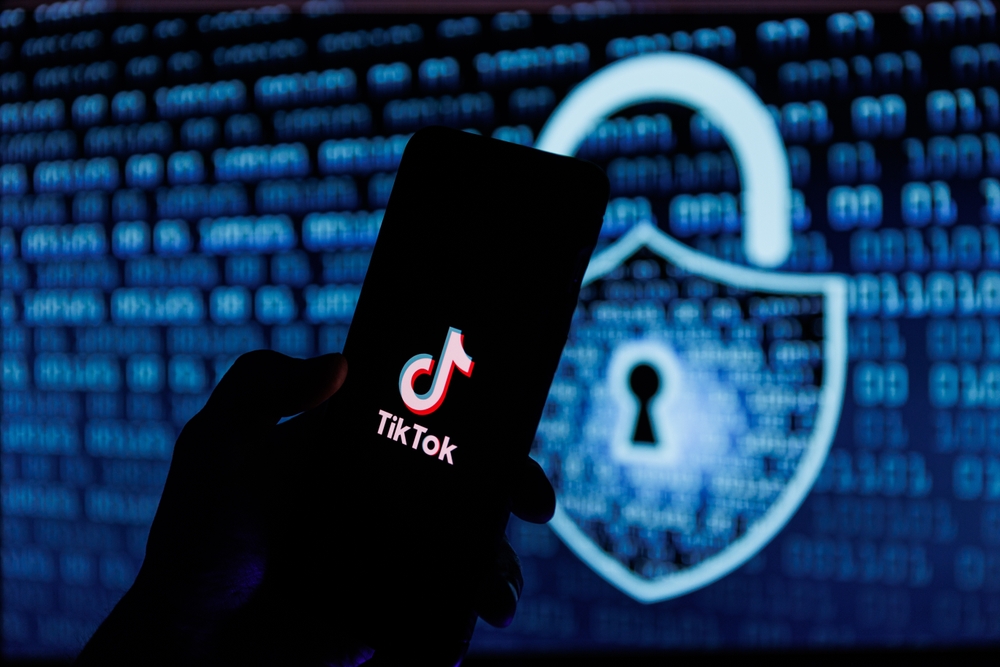Ethical questions about data storage and advertised content keep getting more complicated. Industries such as smart home electronics and health-care systems have dominated privacy headlines, but those concerns have reached a fever pitch with TikTok. The app’s parent company, ByteDance, has been caught red-handed accessing the private data of American users in China, where the company is headquartered.
Social media regulation isn’t new, but what’s happening with TikTok is significant for data privacy concerns across the country — and the world. Here’s why.
Where Did TikTok Come From?
TikTok launched in China in 2016 as a short-form, algorithm-based video app. On the surface, it’s similar to historically trendy short-form video apps such as Vine and Snapchat stories. Its popularity grew quickly, especially among younger generations. In 2021, the app officially reached 1 billion monthly active users — one out of every eight people on the planet tunes in to TikTok to catch the latest content at least once a month.
TikTok, however, has been under fire for years over privacy concerns. In 2020, the app was banned in India over rampant complaints of poor user security.
What Are TikTok’s User-Security Problems?
One of the most controversial aspects of TikTok is user algorithms. What you view on the app generates more content that aligns with your interests. That’s thorny for global users because of ByteDance’s potential oversight by the Chinese Communist Party. That federal oversight, in the wrong hands, means a foreign government could shift algorithms to show content that influences international users.
The best way to stay out of the crosshairs of international user privacy concerns is to store sensitive user data, such as birthdays and account information, in their respective countries. That was one of the main complaints from India that caused its TikTok ban: The federal government found that user information for Indian nationals was sent to international servers.
The reason bans are coming down across the U.S. is that TikTok was found to have American account information accessible in China. The fallout has been substantial. Twenty-five universities and college systems across the U.S. have banned TikTok access on their computers and Wi-Fi networks, and 28 states have full or partial TikTok bans on government-issued devices. Regardless, the app remains popular with teenagers. Nearly 60 percent of American teens polled in a 2022 Pew Research survey reported using TikTok at least once a day, and 16 percent said they were on the app “almost constantly.”
Is This a Larger Data Privacy Story?

Major industries across the U.S. broker user information in order to sell targeted advertisements. Sensitive information about American consumers, from credit scores to health information, is packaged and sold to data brokers. The vast majority of Americans would prefer to keep their private information, well, private, but the only protection consumers have exists at smaller levels within certain industries or states. There’s no all-encompassing oversight.
Three states have comprehensive data privacy laws: California, Virginia, and Colorado. Yet those laws are only fully applicable to people who live in those states. In the European Union, the 2018 General Data Protection Regulation became one of the strongest laws in the world demanding data privacy from technology companies. American companies are beholden to protecting European consumers because of its passage, but private companies outside of Europe still work under patchwork regulations that don’t guarantee the same data protections for global consumers. What’s happening with TikTok may be the straw that breaks the camel’s back for data privacy laws in the U.S.
Are TikTok Bans Considered Censorship?
The definition of “censor,” according to Merriam-Webster, is “to examine in order to suppress or delete anything considered objectionable.” Some may argue that federal authorities in China are censoring content for global users to support their own interests. Others may say banning an app that users can download, sign up for, and post of their own volition is an overreach by American authorities.
Some say the issue with banning TikTok isn’t about privacy at all, but rather severing ties with China after it sent a spy balloon over U.S. territory.
Either way, the problem that underpins censorship concerns in either direction is not just data policy in the U.S., but also how countries handle and protect sensitive user data around the world.


